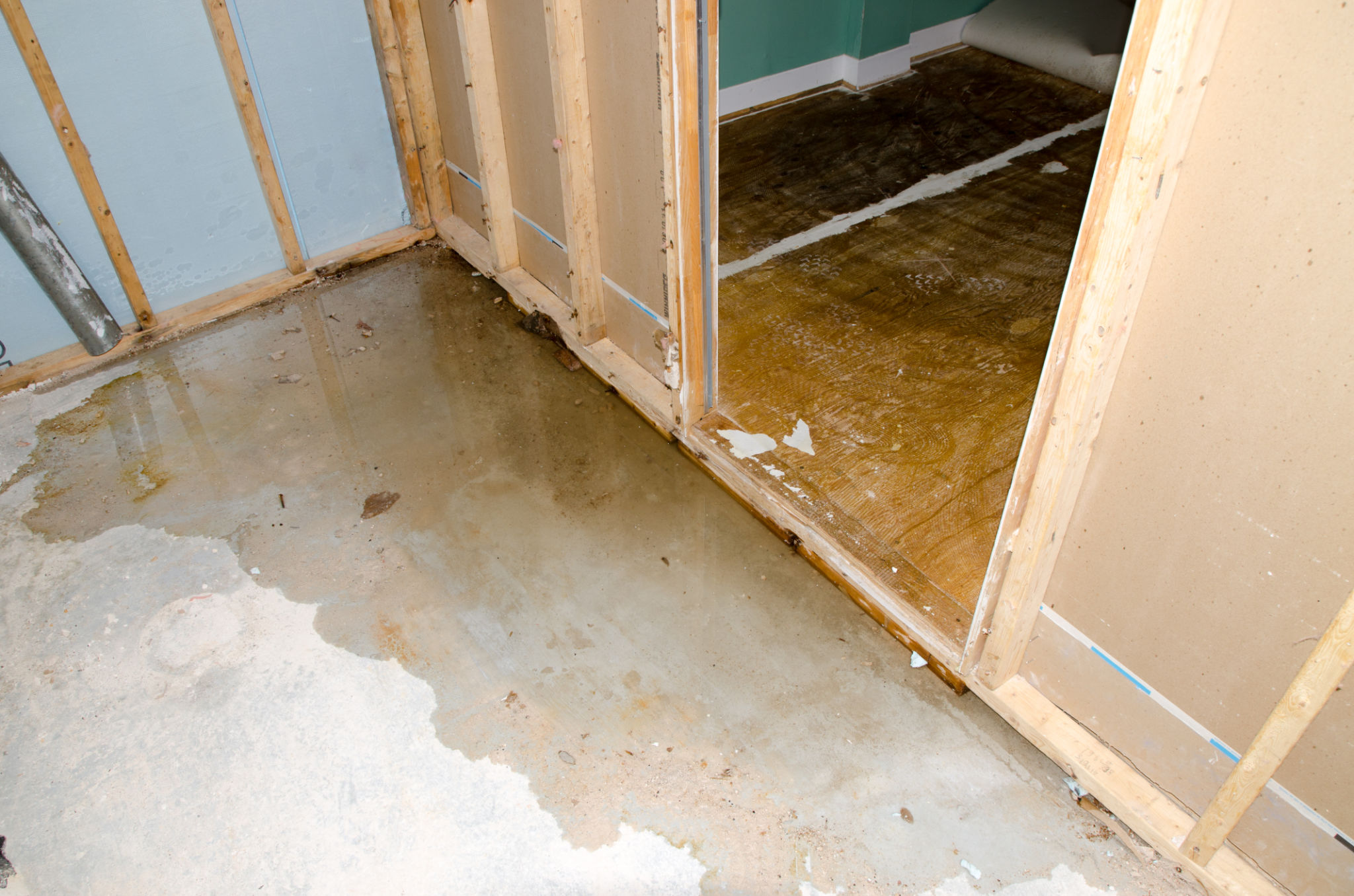Comparing Cesspools and Septic Systems: Which is Right for Your Home?
Understanding Cesspools and Septic Systems
When it comes to managing wastewater for your home, choosing between a cesspool and a septic system can be a significant decision. Both systems serve the purpose of treating household waste, but they do so in distinct ways. Understanding the differences between these two options is crucial in selecting the right solution for your property.

What is a Cesspool?
A cesspool is a basic form of wastewater disposal that consists of a pit or underground tank designed to collect and store sewage. It allows liquids to seep into the surrounding soil, while solids remain in the pit. Cesspools are typically used in areas where more advanced systems are not feasible, but they come with limitations and environmental concerns.
Advantages and Disadvantages of Cesspools
Cesspools are cost-effective and easy to install, making them an attractive option for some homeowners. However, they require frequent maintenance and can pose environmental risks due to potential groundwater contamination. Regular pumping is necessary to prevent overflow and ensure proper functioning.

Exploring Septic Systems
Septic systems are more advanced than cesspools and offer a comprehensive solution for treating household wastewater. They consist of a septic tank and a drain field or leach field, which work together to treat and dispose of waste efficiently.
How Septic Systems Work
In a septic system, waste flows into the septic tank where solids settle at the bottom, forming sludge, while oils and grease float to the top as scum. The liquid effluent flows out into the drain field, where it undergoes further treatment by naturally occurring bacteria in the soil. This process reduces environmental impact significantly compared to cesspools.

Pros and Cons of Septic Systems
Septic systems are more environmentally friendly and require less frequent maintenance than cesspools. They effectively treat wastewater, reducing health hazards and groundwater contamination. However, they are more expensive to install and require a larger land area for the drain field.
Making the Right Choice for Your Home
When deciding between a cesspool and a septic system, consider factors such as environmental impact, maintenance requirements, installation costs, and local regulations. Septic systems are generally recommended for their efficiency and environmental benefits, but they may not be suitable for every property.
- If you live in an area with strict environmental regulations, a septic system might be necessary.
- For regions with limited space or budget constraints, a cesspool could be a viable option.
- Consult a professional to assess your specific needs and local guidelines.

Ultimately, both cesspools and septic systems have their place in wastewater management. By understanding their differences and weighing the pros and cons, you can make an informed decision that best suits your home's needs and ensures the safety of your local environment.